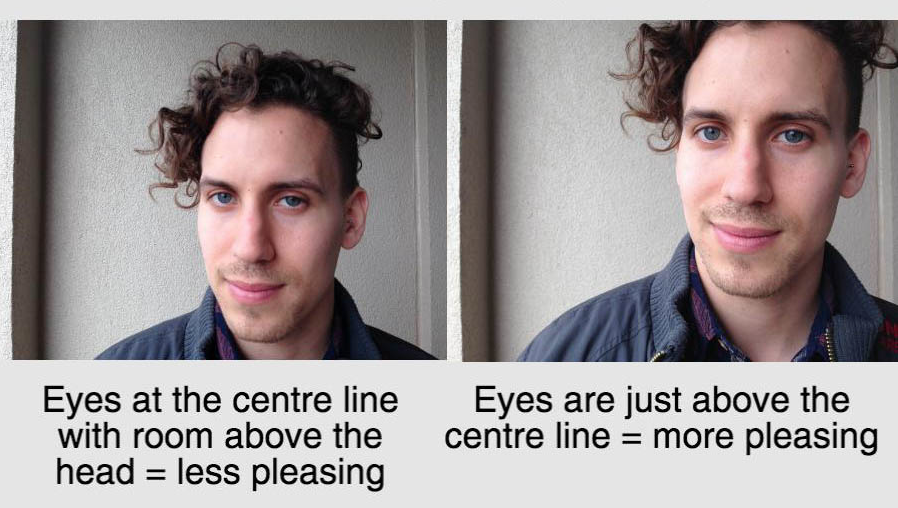How to take good videos with your phone
No more cat videos! Use that phone camera for something really interesting that adds to your business or organization. Be fearless and use storytelling to your advantage (and show Joe in marketing that he’s got some competition).
How you ask?
Vlogs – Instead of blogging consider saying to a camera what you were going to write. Viewers will connect to your face, voice, and body language, bringing a more human element to your content.
Real-time video – Something exciting happening? Time to pull out that smartphone. Maybe that means capturing someone using your product or service for the first time (just ask for permission first and you’re golden).
Live video – Facebook live and YouTube live are exciting new platforms growing in popularity. They allow you to live stream events, exciting announcements, lectures, educational content, and more.
Announcement videos – Use video to update your community on what’s going on. This would be good for an upcoming event or releasing a product.
Testimonials – Testimonials are so much more real when you can put a face and voice to someone’s experience. It’s also really authentic to let people make it them themselves with their own phones. Just remember to send them these tips first.
Getting the most out of your phone camera
(all photos in this blog were taken on an iPhone 5, except one at the very end – you’ll see 😉 )
Composition and Social
You know the difference between landscape (horizontal) and portrait (vertical) right? Of course you do. Then hold your phone in landscape. It’s looks better on YouTube and other social media platforms. A new trend is to post videos with a square frame to Facebook and Twitter. Filming in landscape will make it easier if you decide to crop in. On that note, favour the centre of the frame when recording. This is so the square-frame-thing doesn’t cut off anything important.
Next Level Composition
When recording people keep the main focus (usually the person’s face) just above the centre line. This mimics our natural field of view, and therefore is more pleasing to the eye.
Not only that but don’t cut people off at joints (ankles, knees, waist). Get a little closer or a little further away for a more pleasing look.
Eye lines
Have you subject either look right into the camera or just off the camera. If their eye line is looking too far up for too far down it won’t look quite right.
Lighting
Offices are notorious for top down fluorescent lighting that causes unflattering shadows. Your best bet is to get outside. The sun is big and beautiful and free! Sometimes the bright sun will create unpleasing shadows, especially the “nose shadow” or “raccoon eyes”. If this is the case try to move to the shade, or any place with an even, consistent lighting. Cloudy days are great for this.
If you’re inside, have your subject face a window so their face is evenly lit. We tend to focus on where the light goes, so highlight the subject (or most important part of your shot).
Affordable gear
Some sort of stabilization will help the quality of your videos. A basic tripod is best if doing an interview or for longer takes. They’re also good if you want to record yourself. Smartphone tripod recommendation from our team
Tripod from the drugstore with a selfie stick iphone attachment: Total cost $30
Suction holder for smartphones: Total cost <$1
White cardboard is makes for a cheap ‘light bounce’. A bounce is used to reflect or bounce extra light into your scene (or onto your subject). It’s often even better than using an extra light. It’s fast, lightweight and creates very soft light which is flattering to faces.
Hold bounce opposite to light source. Anything white acts as a nice bounce. Get a white posterboard for $1.
Smartphone vs Expensive Camera
Don’t think you don’t have a good camera so you can’t make videos. The reality is that content and story will always trump your video quality. And, a good camera isn’t a cure all. A good camera without attention to lighting can look worse than an average camera with thoughtful lighting.
Think ahead: have a plan
You can make your own videos now, so put thought behind them. Contact us for advice or coaching on a strategy that would be appropriate for the specific goals of your video.













